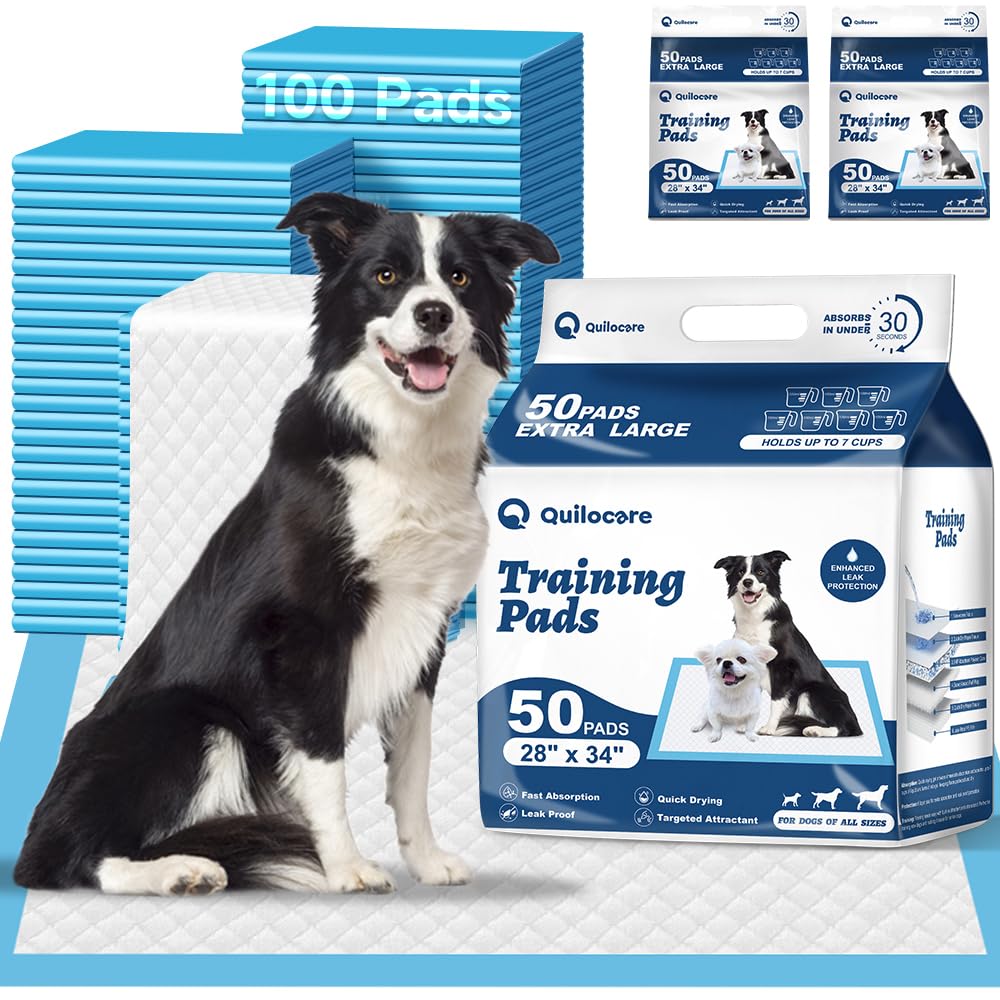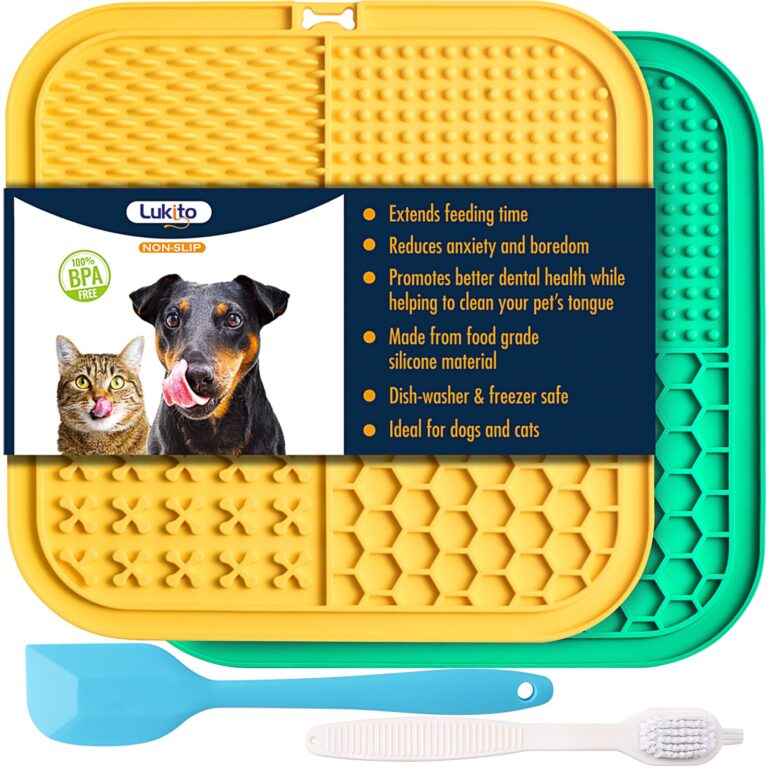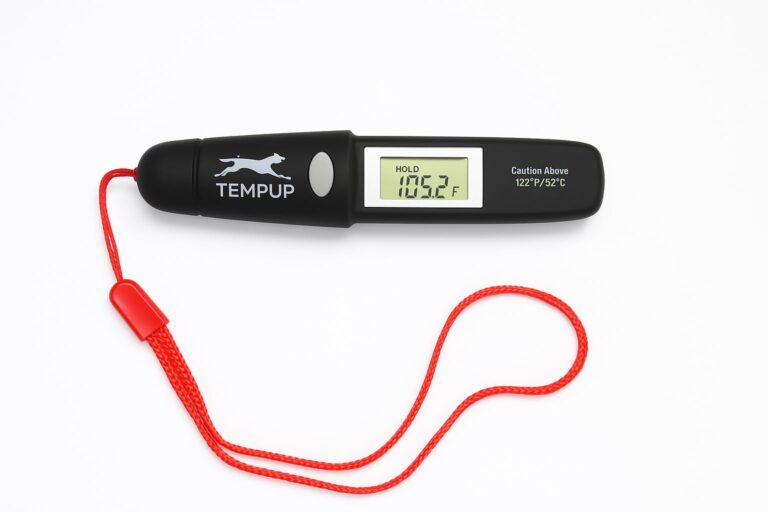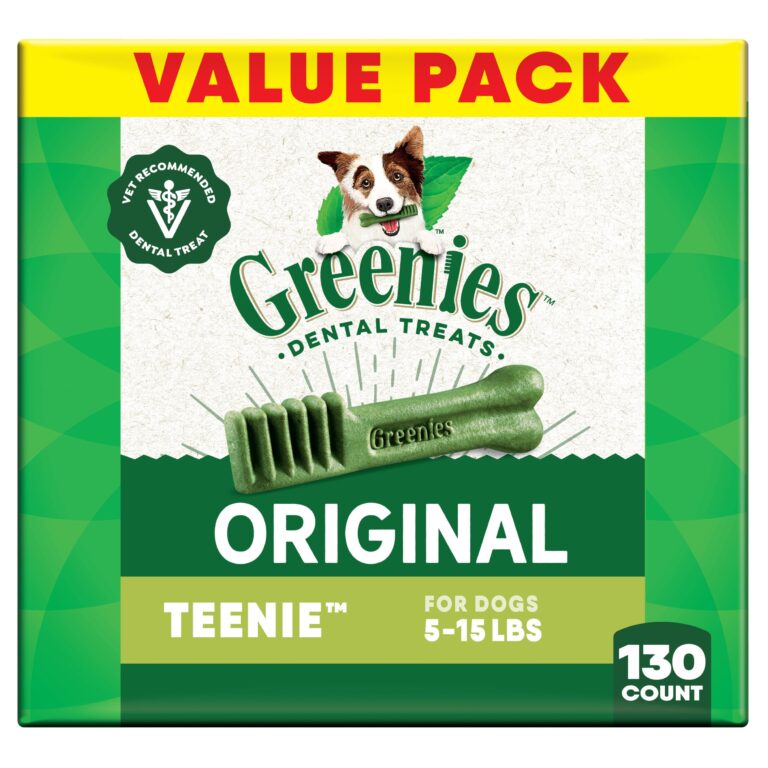Cocker Spaniel

Cocker Spaniel: Breed-Specific Traits and Care Guidelines
Cocker Spaniels are popular dog breeds known for their adorable looks, friendly demeanor, and intelligence. Whether you are considering getting a Cocker Spaniel or already have one, understanding its breed-specific traits, strengths, weaknesses, and care guidelines is important for ensuring your dog’s optimal well-being. In this article, we will delve into various aspects of Cocker Spaniel ownership, including characteristics, temperament, exercise needs, potential health issues, grooming requirements, and dietary recommendations.
Breed Characteristics:
- Size: Cocker Spaniels are medium-sized dogs, typically weighing between 20-30 pounds (9-14 kg).
- Coat: They have a luxurious double coat consisting of a soft undercoat and a dense outer coat that can be either wavy or curly.
- Color: Cocker Spaniels come in a variety of colors including black, liver, golden, and a combination of white with any of these colors.
- Life Expectancy: On average, Cocker Spaniels live between 12-15 years, although some can live even longer with proper care.
Temperament:
Cocker Spaniels are renowned for their gentle nature and friendly disposition. They are loving and loyal companions, making them great family pets. They generally get along well with children and other animals when properly socialized from an early age. However, they can be prone to separation anxiety if left alone for long periods, so it is important to ensure they receive sufficient mental and physical stimulation.
Exercise Needs:
While Cocker Spaniels are not the most high-energy breed, they still require regular exercise to keep them physically and mentally stimulated. Daily walks, playtime, and engaging activities like obedience training or puzzle toys are essential for their overall well-being. Aim for at least 30-60 minutes of exercise each day to prevent behavioral issues that may arise from pent-up energy.
Potential Health Issues:
Like all dog breeds, Cocker Spaniels are susceptible to certain health issues. Some common problems include ear infections, hip dysplasia, progressive retinal atrophy (PRA), and autoimmune diseases. Regular veterinary check-ups, proper grooming, and a balanced diet can help minimize these risks. Genetic testing and responsible breeding can also aid in reducing the occurrence of hereditary diseases.
Grooming Requirements:
Cocker Spaniels have high grooming needs due to their long, luxurious coats. Regular brushing, ideally every other day, is important to prevent matting and keep their fur healthy. Additionally, their ears require extra attention as they are prone to ear infections. Clean the ears regularly with a veterinarian-approved solution and check for any signs of redness or odor. Periodic professional grooming is also recommended to maintain their coat’s appearance.
Dietary Recommendations:
Proper nutrition plays a significant role in a Cocker Spaniel’s overall health. Provide your dog with a balanced diet that meets its specific needs based on age, activity level, and any underlying health conditions. Choose high-quality dog food that includes a combination of protein, carbohydrates, fruits, vegetables, and essential fatty acids. Avoid overfeeding, as Cocker Spaniels may be prone to weight gain, leading to obesity-related issues.
To wrap it up, owning a Cocker Spaniel can be a rewarding experience, but it comes with responsibilities. Understanding the breed’s characteristics, temperament, exercise needs, potential health issues, grooming requirements, and dietary recommendations is important for their well-being. By providing them with love, care, and appropriate guidance, you can ensure that your Cocker Spaniel remains a happy and healthy member of your family for years to come.
Sources:
– The American Kennel Club (AKC) – https://www.akc.org/dog-breeds/cocker-spaniel/







